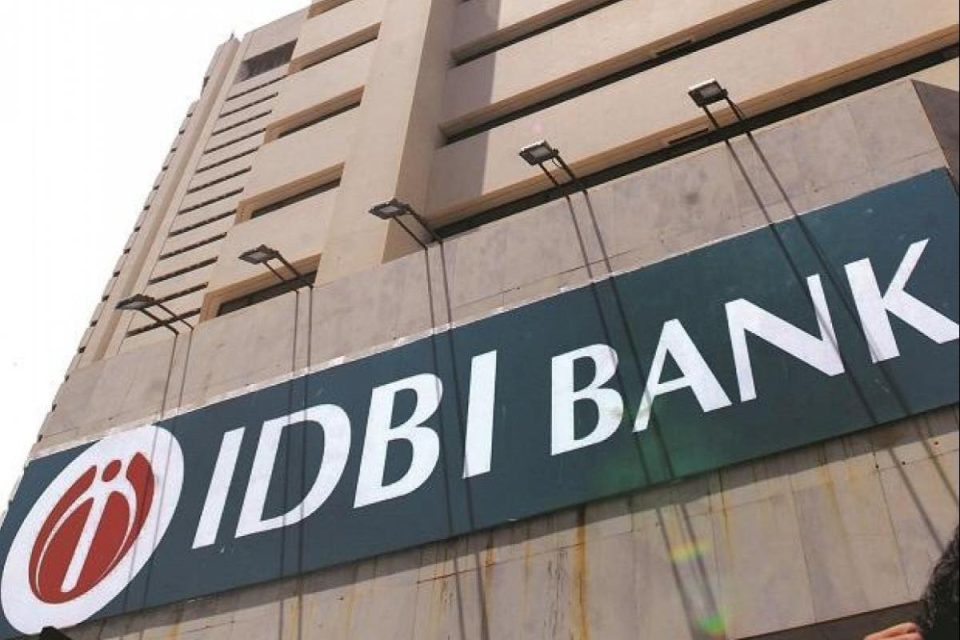The government has contacted the capital market regulator to ask IDBI Bank to relax its minimum public shareholding (MPS) norms for two years after privatisation, ET reports.
Companies must own at least 25% of the public equity within three years of listing. IDBI Bank is listed, but state-run companies are exempt from minimum public float rules.
But IDBI Bank must comply with this rule within three years of privatisation. According to the report, the easing is expected to make the bank’s strategic sales more attractive to potential investors as there will be more time to comply with norms. The government has sought an additional two years, giving eventual strategic investors five years to comply with the minimum public float rule.
If an exemption is not granted, the government can also require regulators to treat its stake as public to meet the criteria. The Life Insurance Company (LIC) and the central government may sell a 60% stake in IDBI Bank, CNBC-TV18 reported on September 6. An Expression of Interest (EoI) for the divestiture process will be released in October.
Earlier reports said LIC and the government could sell up to 65% of IDBI Bank. As of June 30, the pair owned nearly 94% of IDBI Bank, 45.48% in the centre and 49.24% in LIC. The remaining 5.3% came from the public.
Currently, the government and LIC are classified as enablers. Under current regulations, they need the approval to reclassify their shares.
The report cited a government official saying IDBI Bank is a unique case because it is no longer a state-owned entity but still falls under the minimum public shareholding exemption available to SOEs.
From January 21, 2019, the Reserve Bank of India (RBI) classified IDBI Bank as a private sector bank for regulatory purposes after LIC acquired a majority stake. The government injected Rs 27,000 crore into IDBI Bank between April 1, 2010, and March 31, 2021, fixing the average acquisition cost of the shares at around Rs 60 per share.






